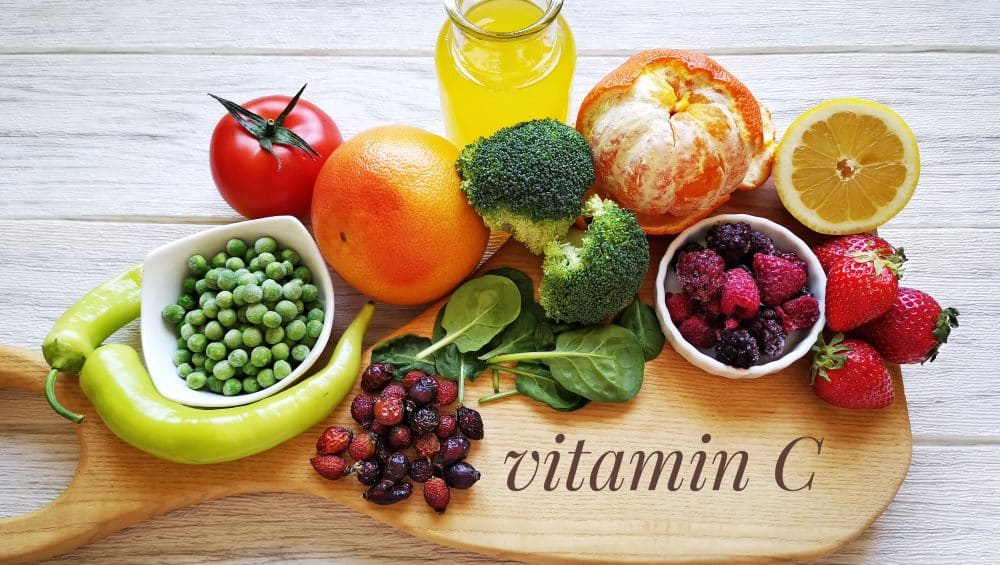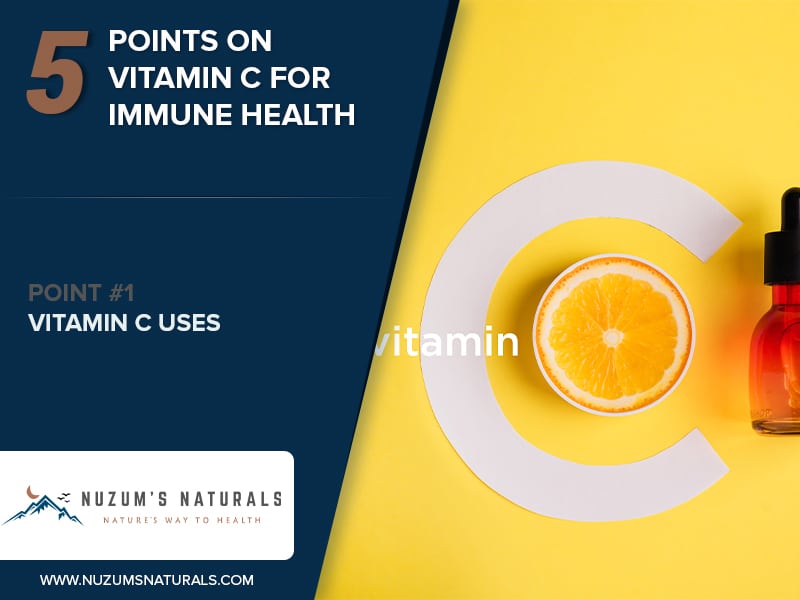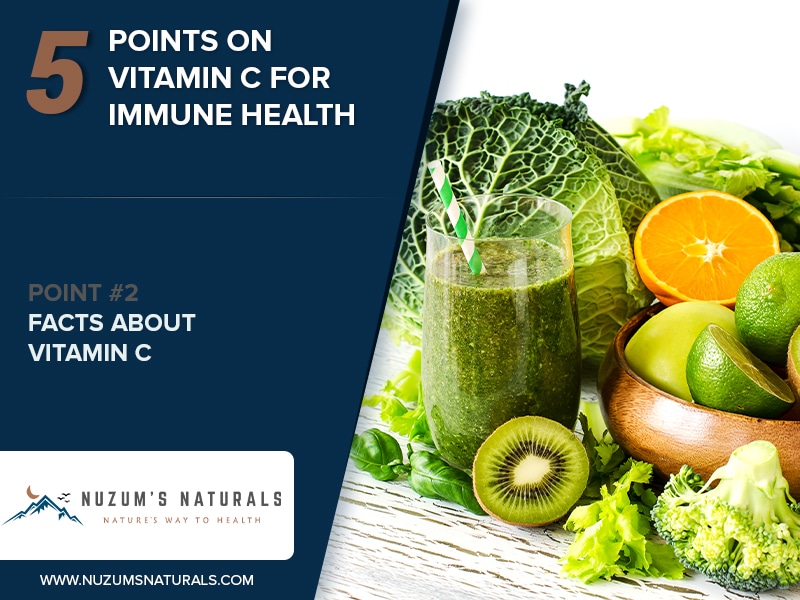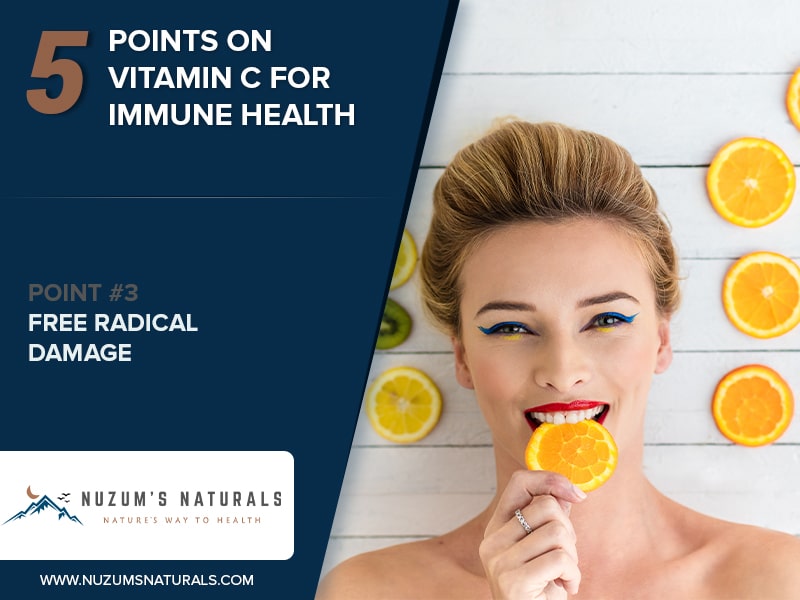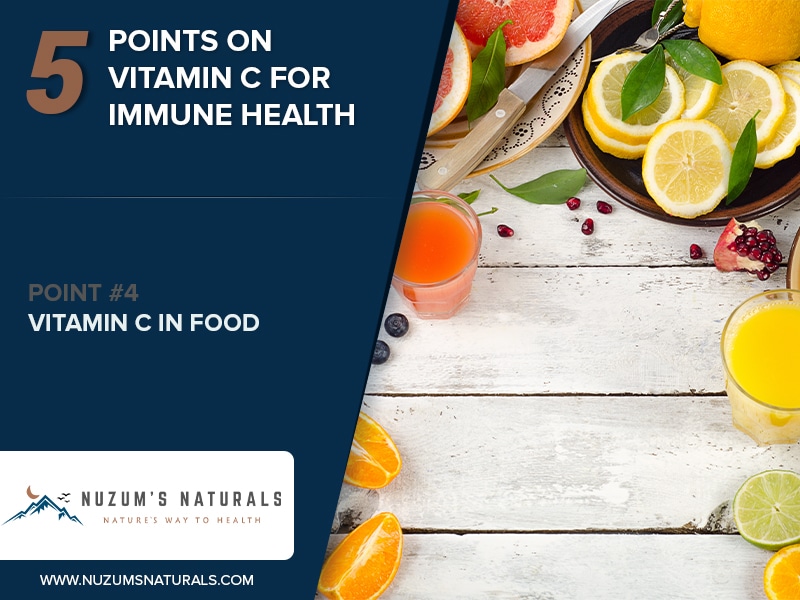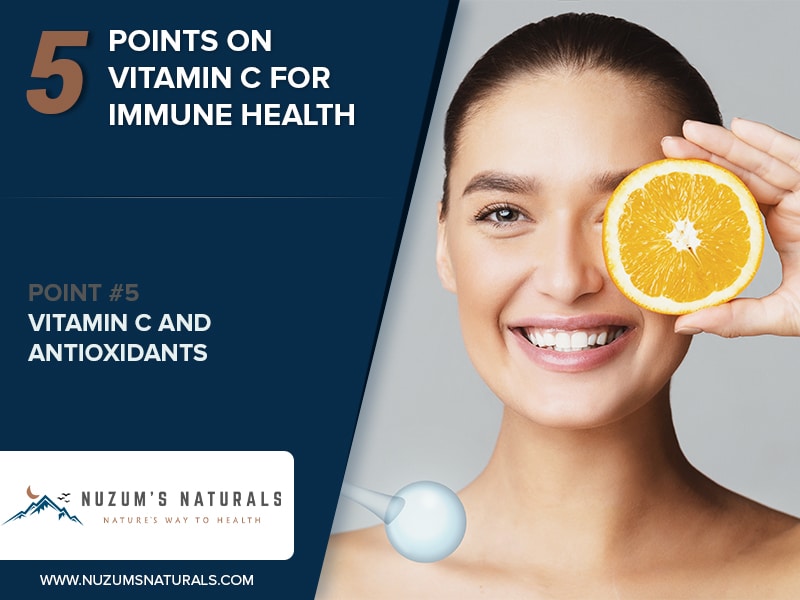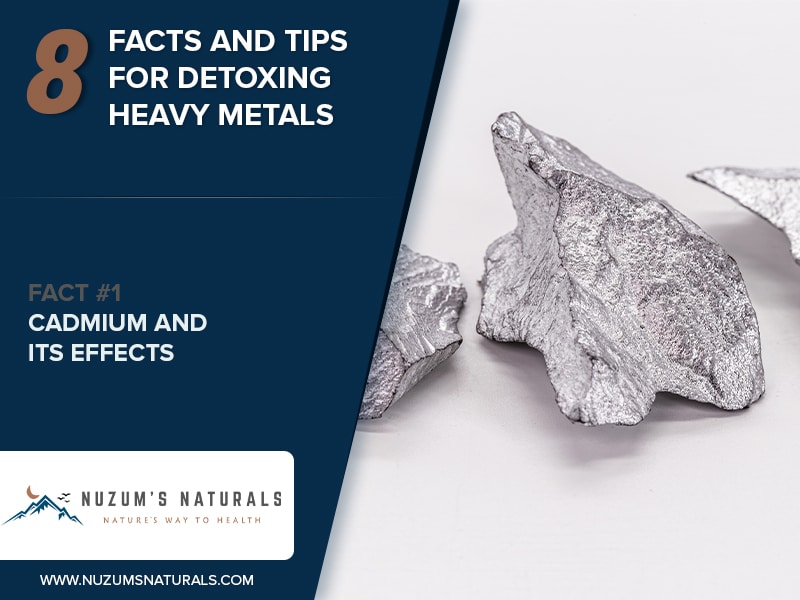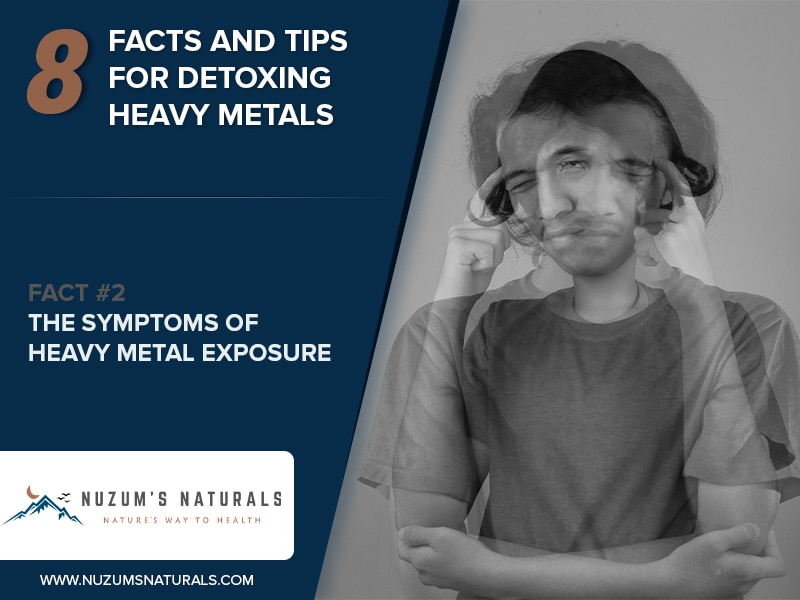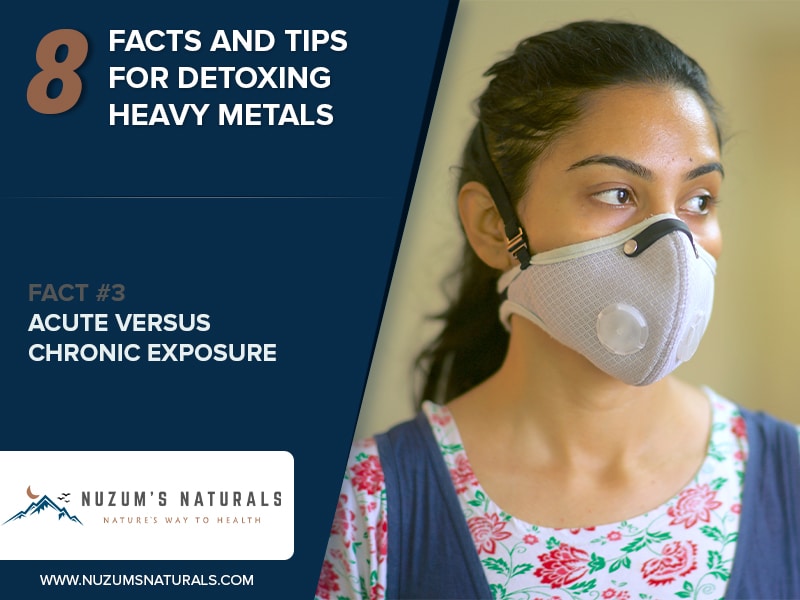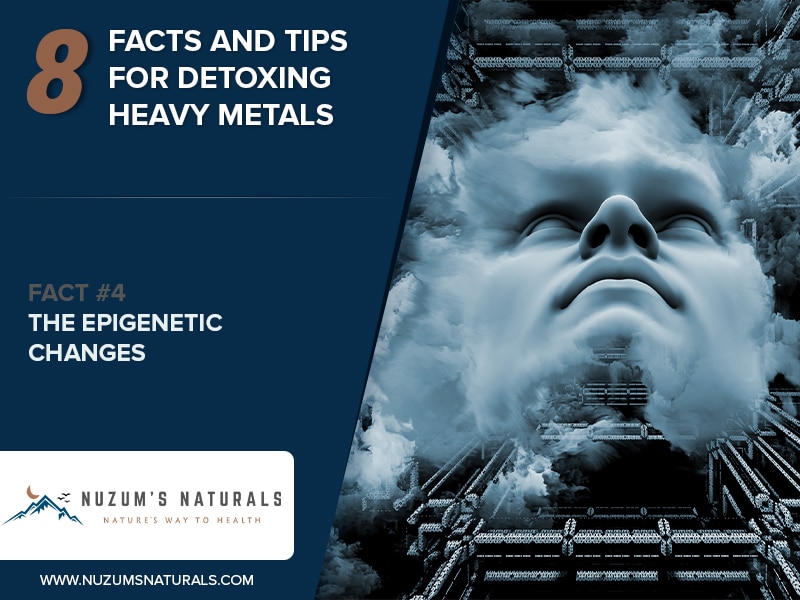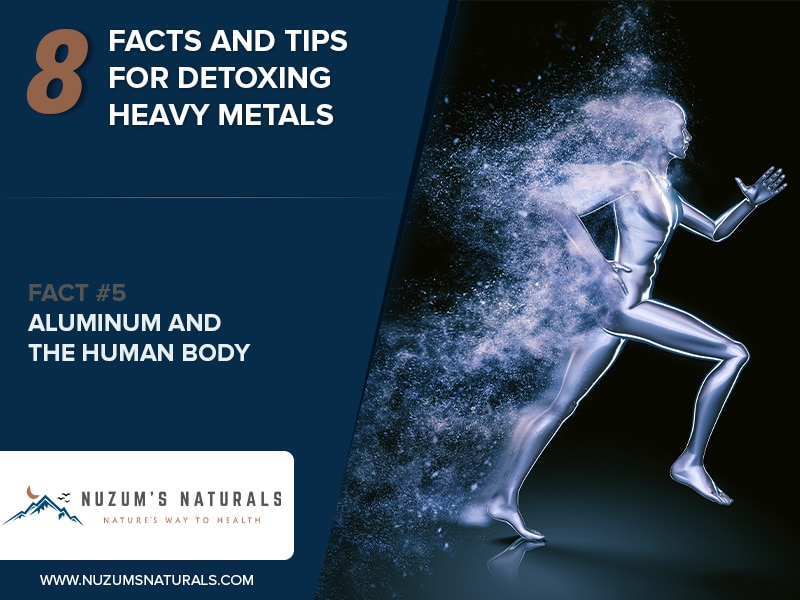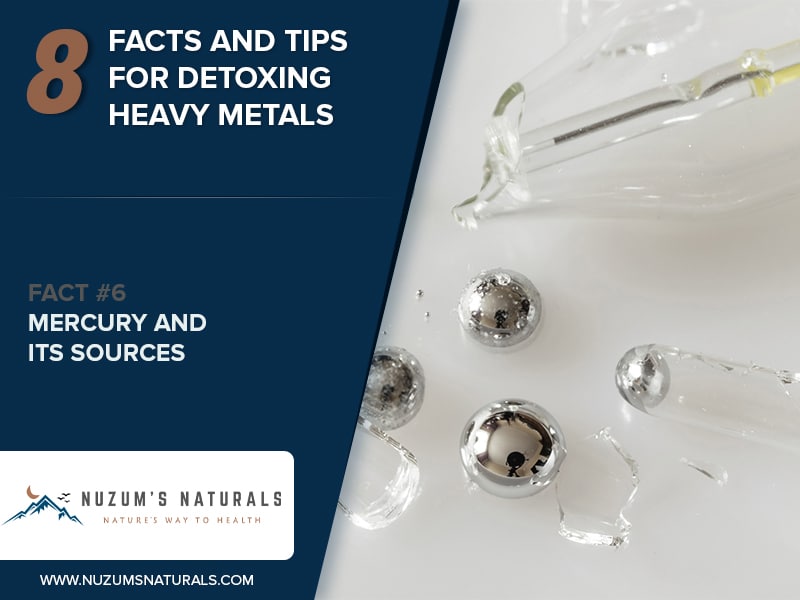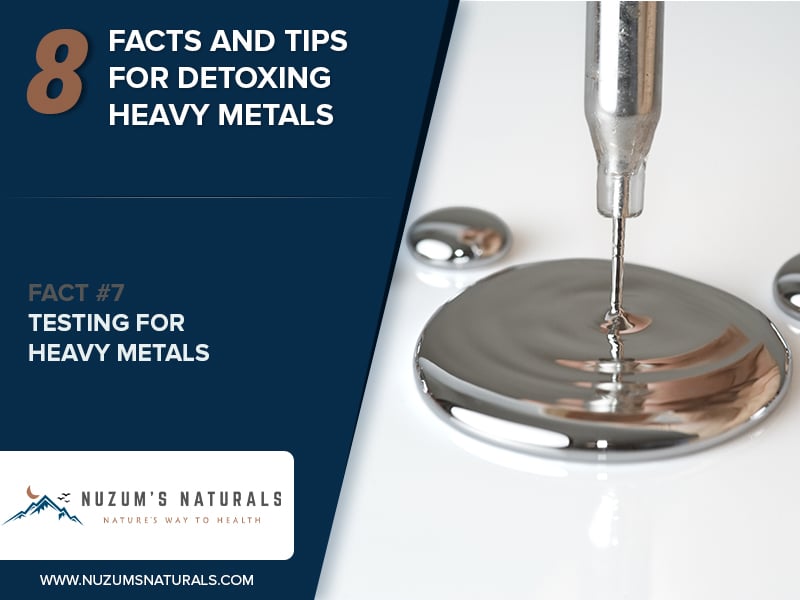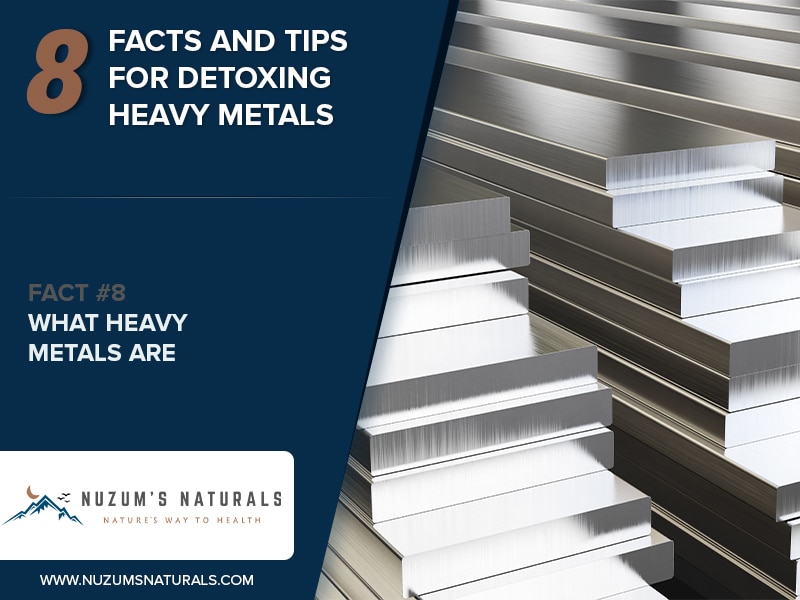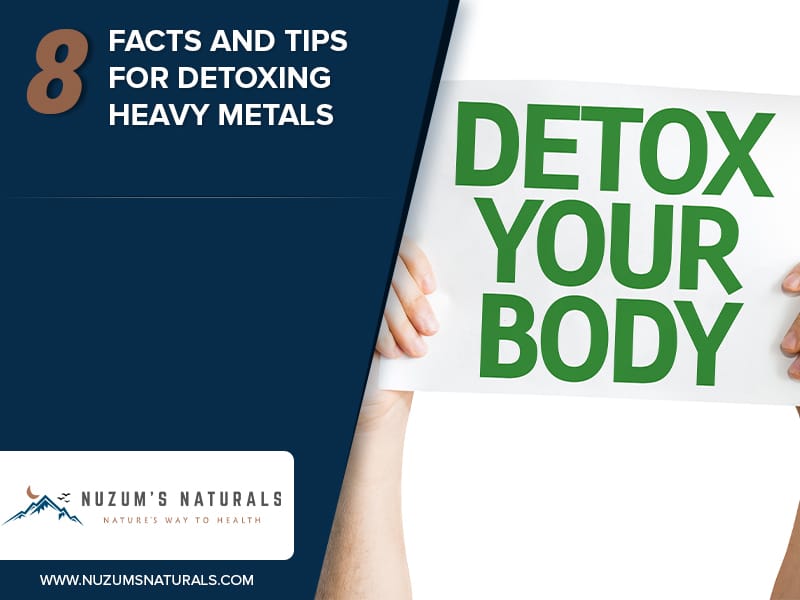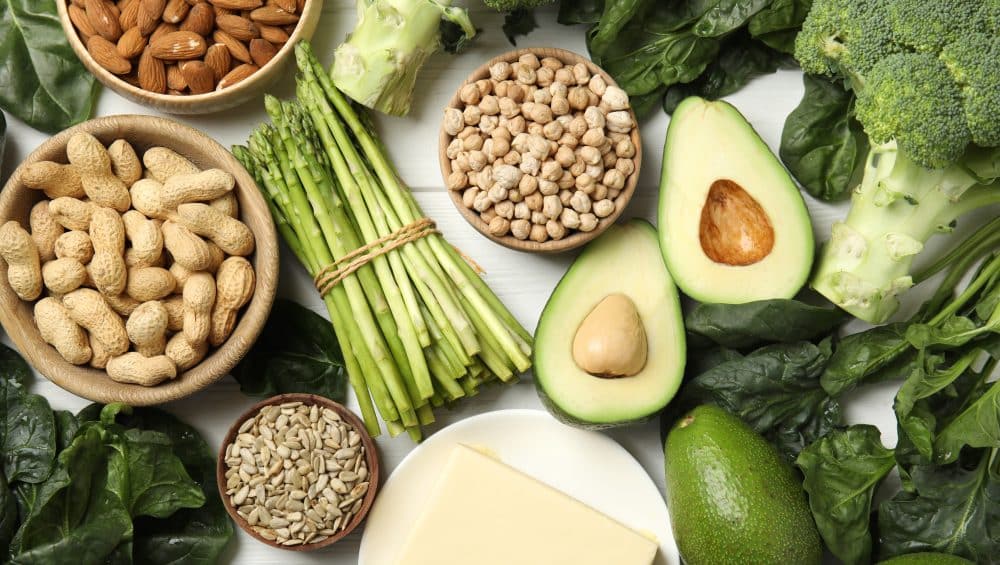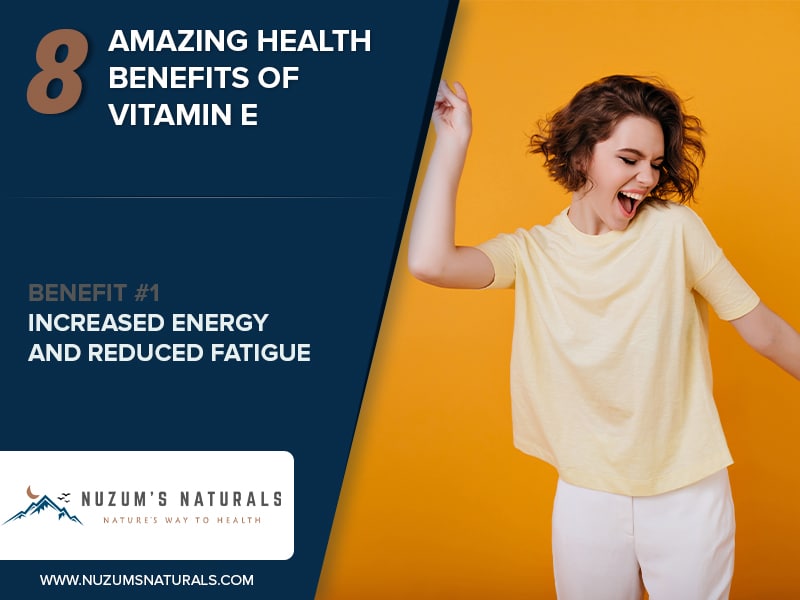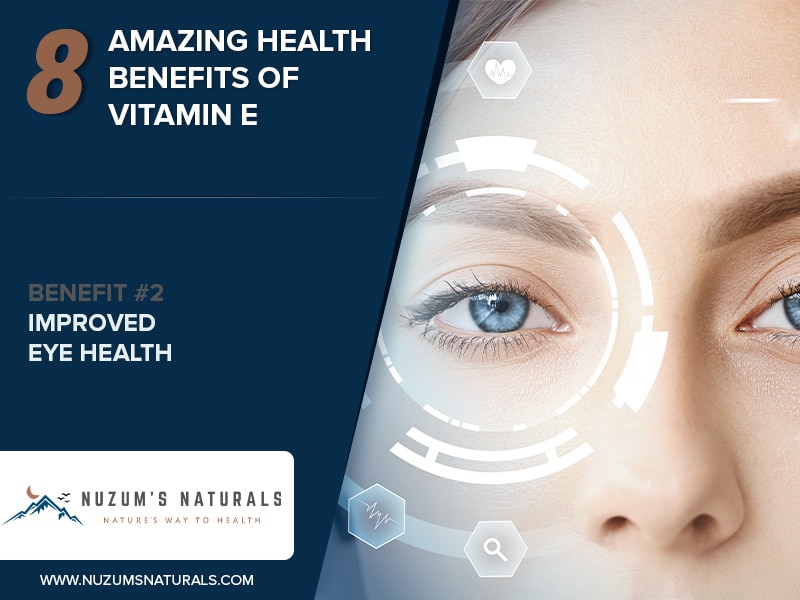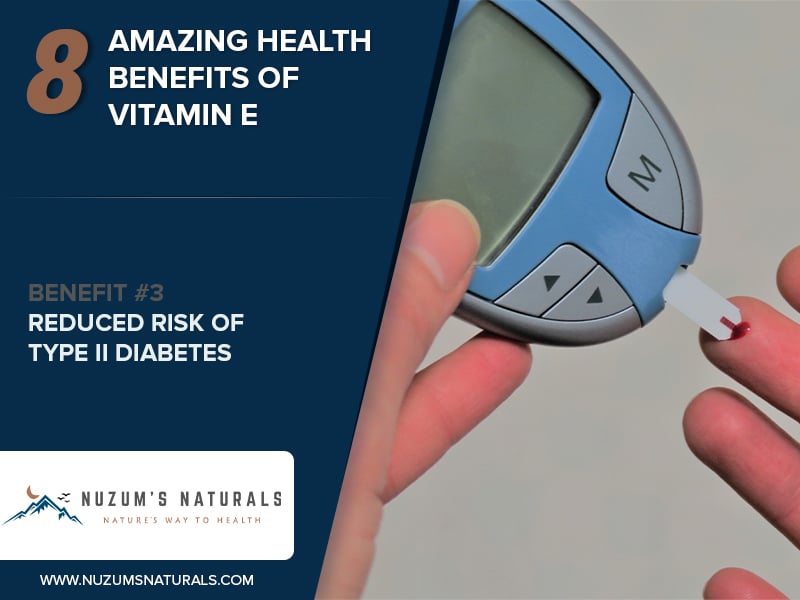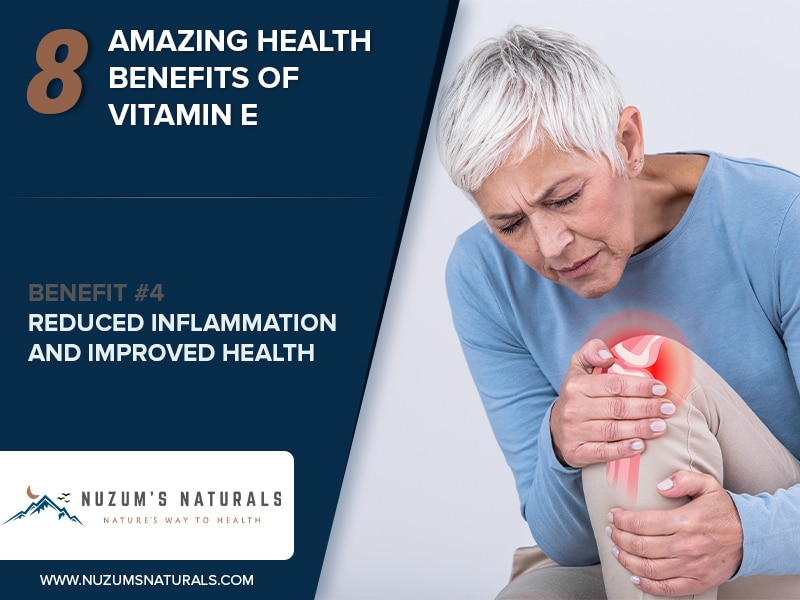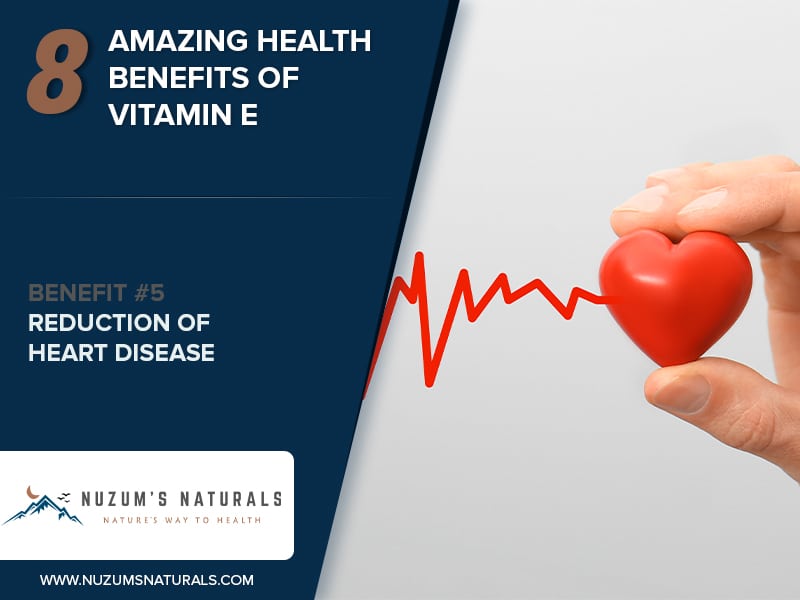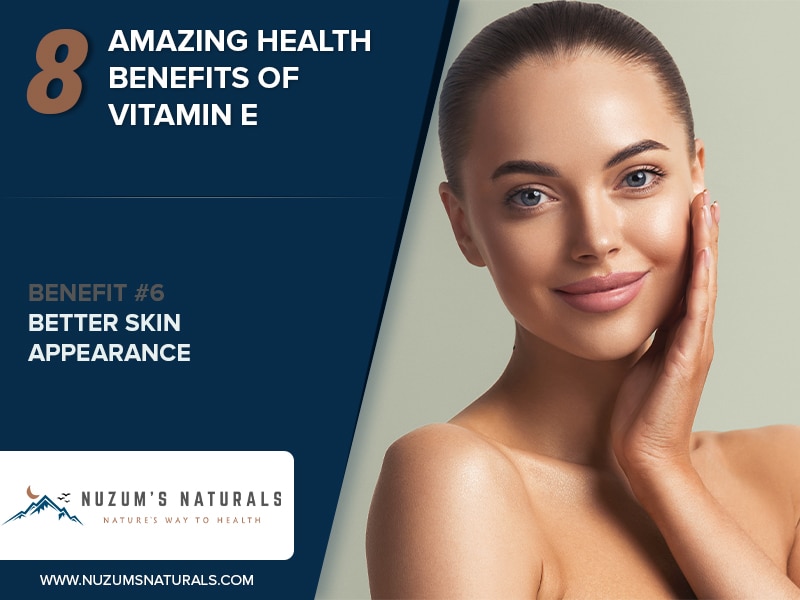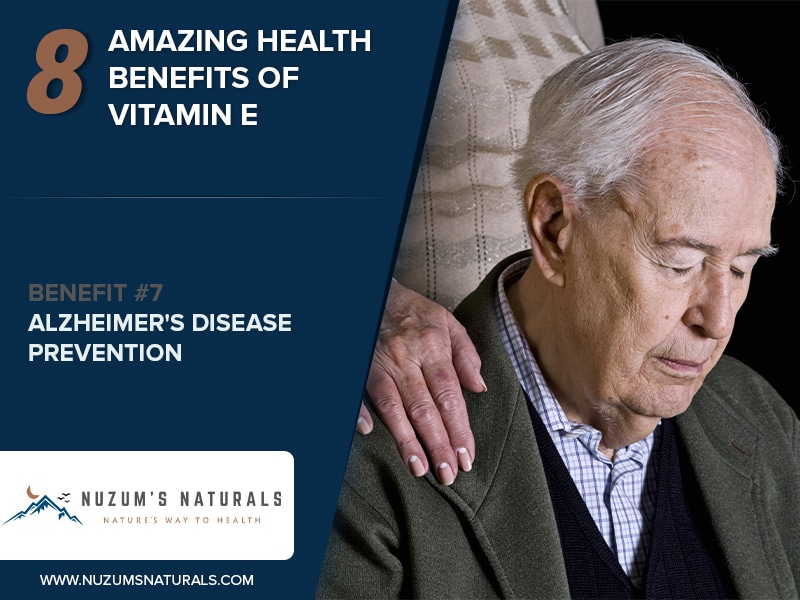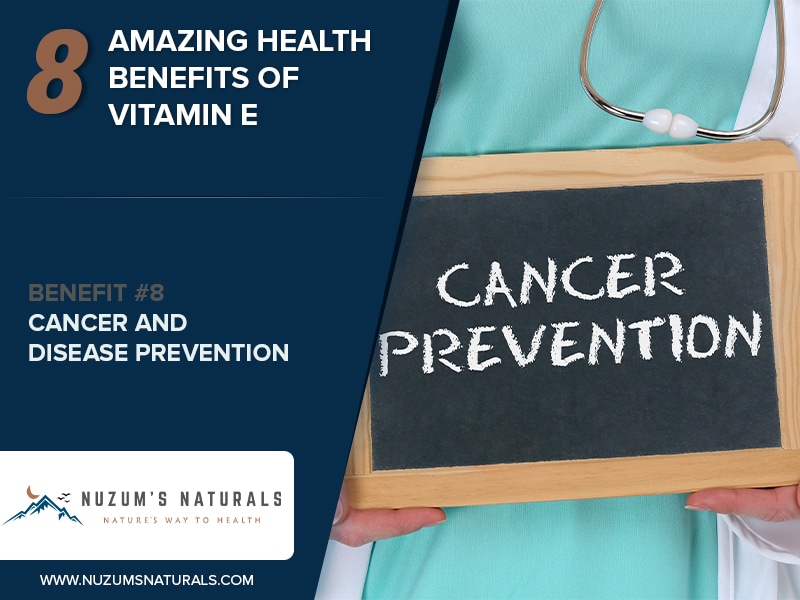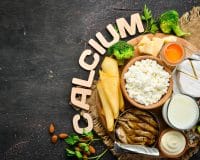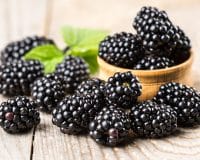9 Points To Know About Raspberries
Did you know that raspberries are not only delicious, but they offer a wealth of health benefits as well? Raspberries are packed with antioxidants, which can help to control diabetes and protect the body against free radicals. In addition, raspberries are a good source of fiber, manganese, and vitamin C. Keep reading to learn how raspberries can benefit you.
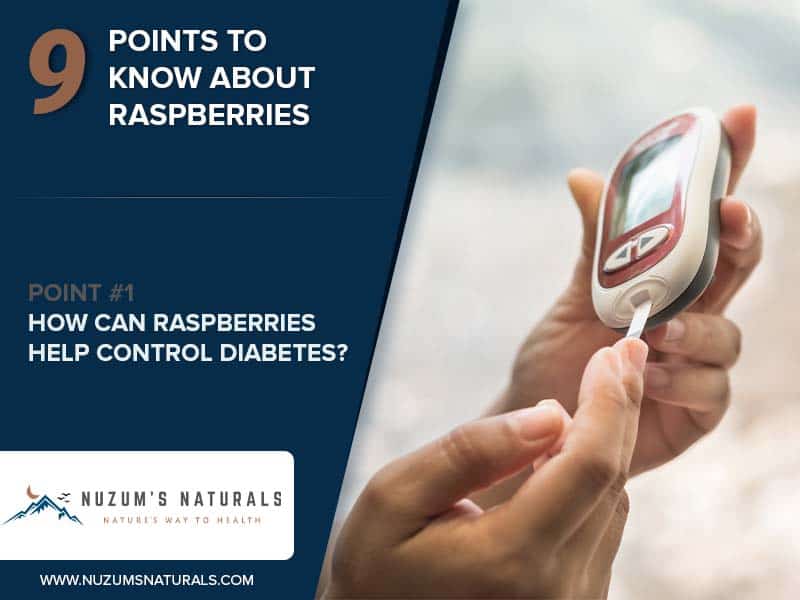
1How Can Raspberries Help Control Diabetes?
Raspberries are a great choice for diabetics because they are low in sugar and high in fiber. Fiber helps to regulate blood sugar levels, so raspberries can help control diabetes. In addition, raspberries are a good source of antioxidants, which can help protect against diabetic complications. Raspberries are naturally sweet, so they can be a great way to satisfy a sweet tooth without raising blood sugar levels.
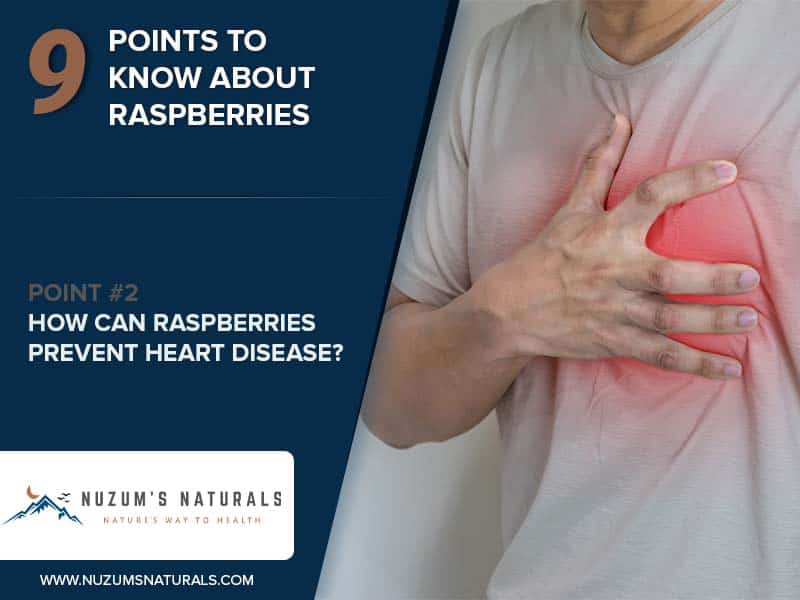
2How Can Raspberries Prevent Heart Disease?
Raspberries are not only delicious but also collect many health benefits, such as reducing the risk of heart disease. They contain antioxidants that protect cells from damage, fiber to help with cholesterol levels, and low sugar and calories. In addition, raspberry juice specifically has been shown to improve blood vessel function and reduce the likelihood of heart attack or stroke. You should consume about 1 cup of raspberries per day, whether through fresh berries, frozen, or dried. You can also add raspberry extract to smoothies, oatmeal, or yogurt.
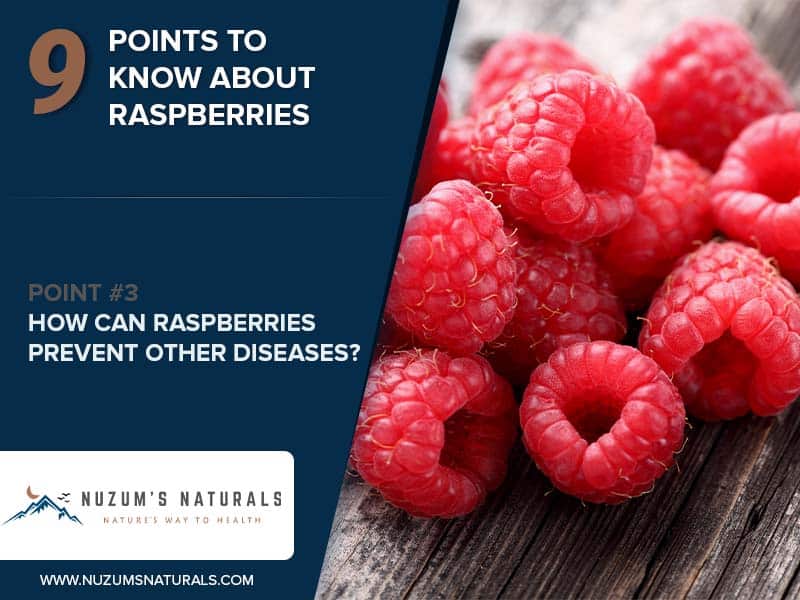
3How Can Raspberries Prevent Other Diseases?
The health benefits of raspberries are so amazing that everyone should incorporate them into their diet! Whether you are looking to control diabetes, prevent heart disease, or just improve your overall health, raspberries are a delicious and nutritious way to do so. Raspberries do well in preventing other diseases in addition to the ones mentioned. These are other diseases it can help with.
Alzheimer’s disease: Raspberries are full of anthocyanins, which help in the prevention of Alzheimer’s disease.
Cancer: Raspberries contain ellagic acid, which has been shown to help in the prevention of cancer.
Arthritis: The anti-inflammatory properties of raspberries can help in the prevention of arthritis.
Asthma: Raspberries are full of antioxidants, which help in the prevention of asthma.
Kidney stones: The high levels of potassium in raspberries can help in the prevention of kidney stones.
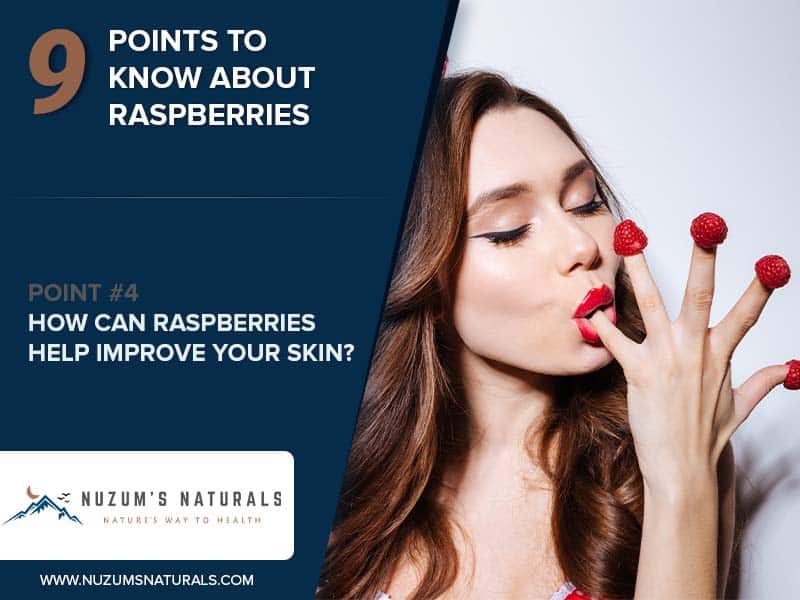
4How Can Raspberries Help Improve Your Skin?
When you have skin conditions finding the right ingredients to soothe your skin can be a difficult task. Raspberries are rich in ellagic acid, which is an antioxidant that can help to protect your skin from damage caused by the sun, pollution, and other environmental stressors. Raspberry extract can also help to reduce the appearance of wrinkles and fine lines.
Although using raspberries on your skin has a few risks, as long as you are cautious, there is no reason why you cannot enjoy their benefits. First and foremost, make sure that you are not allergic to raspberries. Secondly, only use a high-quality raspberry extract that has been proven pure. And lastly, keep in mind that some people may experience skin irritation from the extract–do a patch test before applying it all over your face just to be safe.
Here are some of the skin benefits of raspberries.
- Raspberries are a natural source of antioxidants
- Raspberries can help to protect your skin from damage caused by the sun
- Raspberries help protect the skin from sun damage
- Raspberries contain anti-inflammatory properties
- Raspberries can help to reduce the appearance of wrinkles
If you’re looking to improve your skin health, raspberry extract can help. The antioxidants in the raspberry extract can help to protect the skin from damage caused by exposure to the sun, pollution, and other environmental stressors. Raspberry extract can also help reduce the appearance of wrinkles and fine lines. So start including raspberries in your diet or use a product that contains raspberry extract.
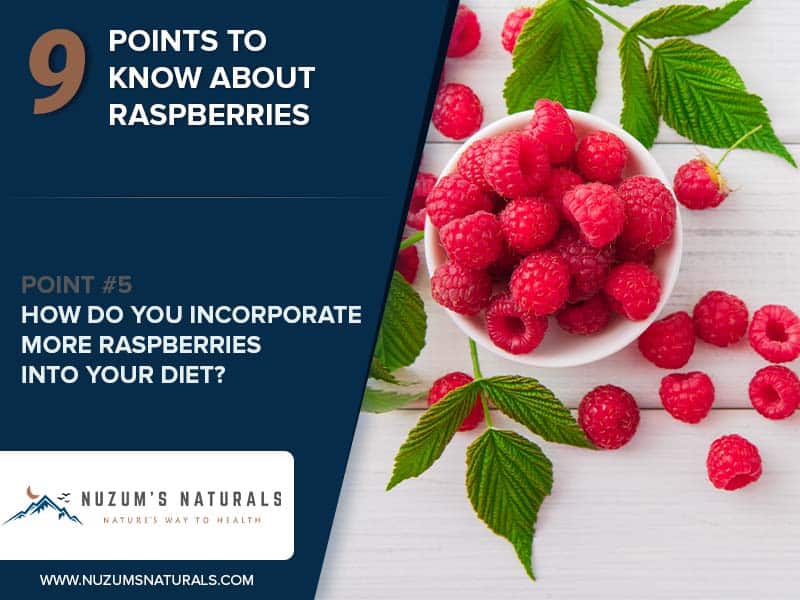
5How Do You Incorporate More Raspberries Into Your Diet?
Because raspberries are so good to eat, it is easy to find creative ways to get more into your diet. Eat them fresh. Raspberries are great to eat on their own as a snack or added to breakfast, lunch, or dinner.
You can also use frozen raspberries, which are just as nutritious. Add them to smoothies or yogurt, oatmeal, or cereal. Use them in baking or make a raspberry sauce to pour over chicken or fish. The possibilities are endless!
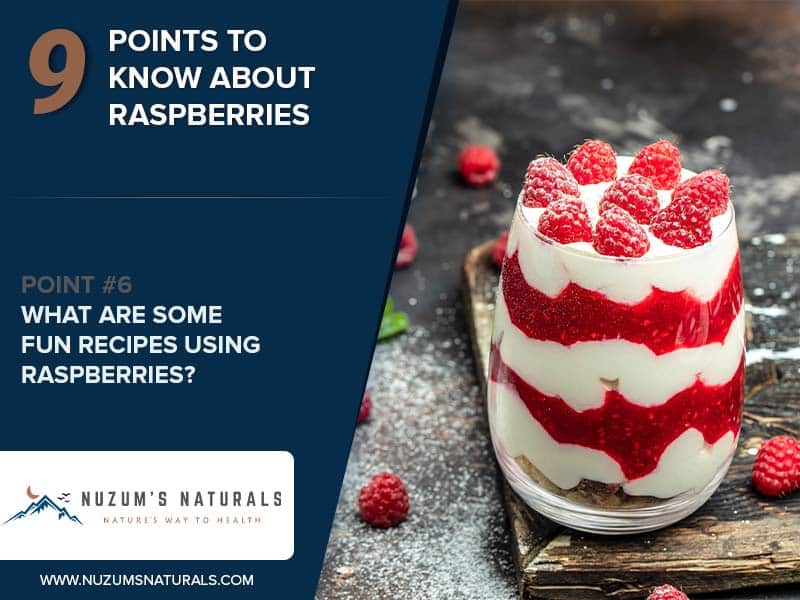
6What Are Some Fun Recipes Using Raspberries?
The great taste and health benefits of raspberries make them a fun fruit to cook and bake with. Here are some fun recipes. These focus on the amazing taste and benefits of raspberries.
Raspberry Smoothie
Ingredients:
- 1 banana
- 1 cup of raspberries
- 1 cup of milk or yogurt
- 1 tablespoon honey
- 1 teaspoon vanilla extract
Directions:
- Add all the ingredients to a blender and blend until smooth.
- Pour into a glass and enjoy!
Raspberry Yogurt Parfait
Ingredients:
- 2 cups of yogurt (either vanilla or plain)
- 1/2 cup raspberries
- 1/4 cup honey
- 1 tablespoon chopped almonds or walnuts
Directions:
- In a jar or glass, layer the yogurt, raspberries, honey, and nuts.
- Enjoy immediately or store in the fridge for later!
Raspberry Chocolate Tartlets
Ingredients: (makes six tartlets)
- 125 grams (1/2 cup) unsalted butter at room temperature
- 100 grams (1/2 cup) caster sugar
- 1 egg, beaten
- 75 grams (1/3 cup) plain flour
- 25 grams (1/4 cup) cocoa powder
Filling:
- 125 ml (1/2 cup) pouring cream
- 3 tablespoons caster sugar
- 2 teaspoons vanilla extract
Topping:
- 150 grams of raspberries
Directions:
- Preheat oven to 180 degrees Celsius (160 degrees if using a fan oven). Butter and flour six holes in a muffin tray.
- In a bowl, cream butter and sugar together until light and fluffy. Beat in the egg until well combined. Sift in flour and cocoa powder and mix until well combined. Spoon mixture into prepared tin and press evenly into the base and up the sides. Chill for 30 minutes.
- For the filling, whisk cream, sugar, and vanilla together until thickened. Spoon into the tartlets and smooth the surface.
- Bake for 20-25 minutes or until the filling is set. Remove from oven and let cool slightly.
- Top with raspberries and serve. Enjoy!
Use these recipes to enjoy the many benefits of raspberries. But don’t stop there. Raspberries are so delicious that you may never get tired of new ways to benefit from them!
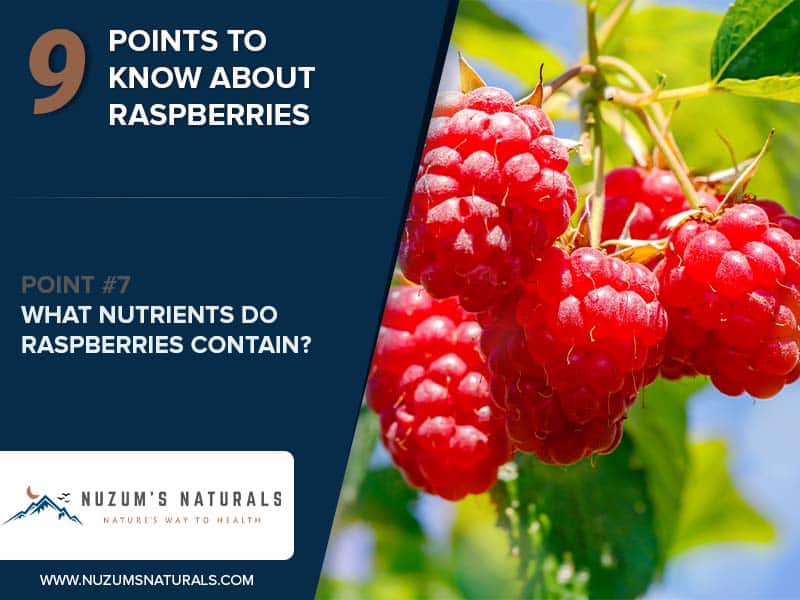
7What Nutrients Do Raspberries Contain?
Raspberries contain several key nutrients that offer a range of health benefits.
- Antioxidants: Raspberries are high in antioxidants to guard the body against free radical damage.
- Vitamins and minerals: Raspberries provide vitamins C, K, and E, as well as minerals like magnesium, potassium, and manganese.
- Fiber: Raspberries are high in fiber, which can help regulate digestion and blood sugar levels.
- Omega-3 fatty acids: Raspberries are a good source of omega-3 fatty acids, which are essential for heart health.
Here are other beneficial components of raspberries.
- Folate: Folate is important for pregnant women and can help prevent birth defects.
- Choline: Choline is important for cognitive health and development.
- Quercetin: Quercetin is a beneficial flavonoid antioxidant.
- Gallic acid: Gallic acid is another beneficial antioxidant found in raspberries.
The nutrients contained in raspberries are responsible for the many health benefits associated with this fruit. They have nutrient-rich composition. So raspberries can help improve overall health and well-being.
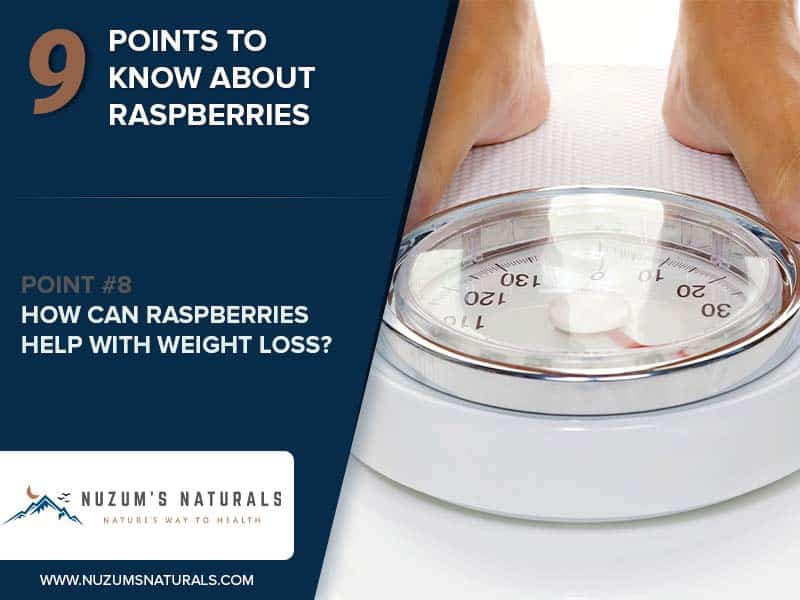
8How Can Raspberries Help With Weight Loss?
Raspberries can also help with weight loss by boosting metabolism and reducing inflammation. They are a low-calorie food and are also high in fiber, which can help you feel fuller for longer. Raspberries can be a healthy addition to any diet. If you want to shed some pounds by eating raspberries, here are some tips.
- Include raspberries as part of a healthy diet that is high in fruits and vegetables.
- Make sure to eat a variety of other fruits and vegetables as well to get all the nutrients your body needs.
- Try to eat organic raspberries when possible, as they will have more nutrients than non-organic raspberries.
- Add raspberries to your breakfast or lunch for a delicious and satisfying meal.
Raspberries are an irresistible fruit that offers many health benefits. So, if you are looking to lose weight, make sure to add raspberries to your diet. You will be glad you did!
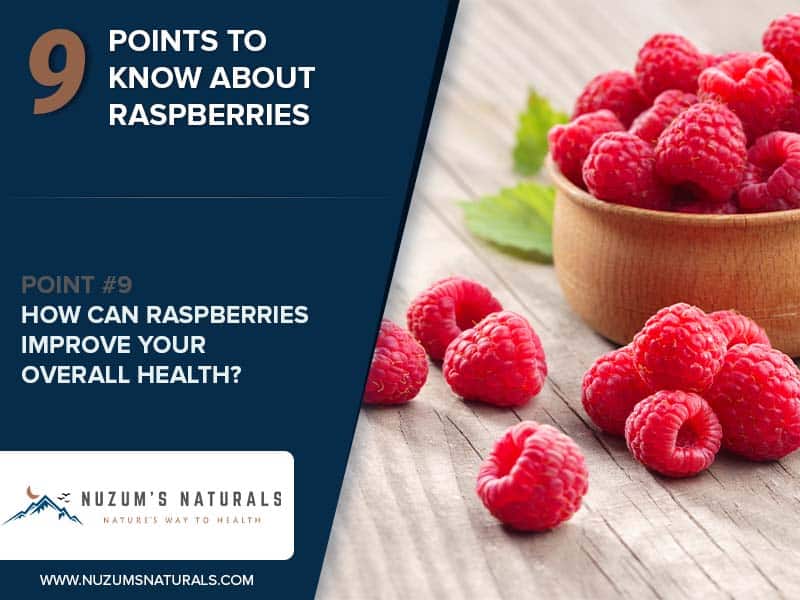
9How Can Raspberries Improve Your Overall Health?
In addition to the benefits already mentioned, raspberries can also improve your overall health in the following ways.
- Boosts immunity: Raspberries are full of vitamins and minerals that help boost your immune system.
- Improves your digestion: The high levels of fiber in raspberries help improve your digestion.
- Prevents aging: The antioxidants in raspberries help prevent aging.
- Improves your skin: The ellagic acid in raspberries helps improve your skin.
- Improves your brain health: The anthocyanins in raspberries help improve your brain health.

Raspberries are a delicious fruit that offers amazing health benefits. They can help control diabetes, prevent heart disease, and improve your skin. Raspberries can be incorporated into your diet in many ways, and there are some fun recipes you can try using this versatile fruit. We hope you have enjoyed learning about the amazing health benefits of raspberries!


